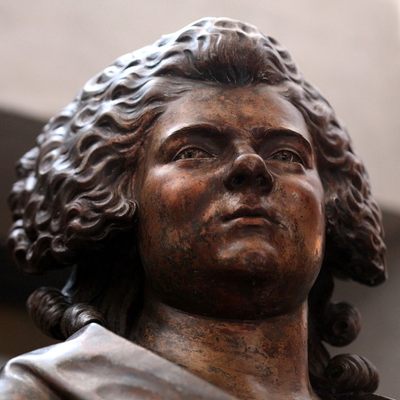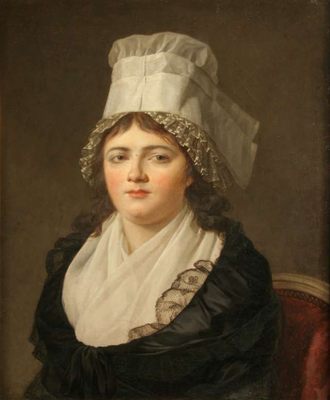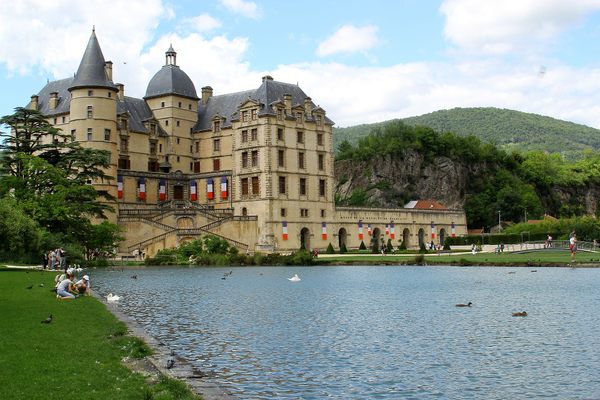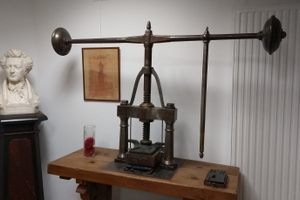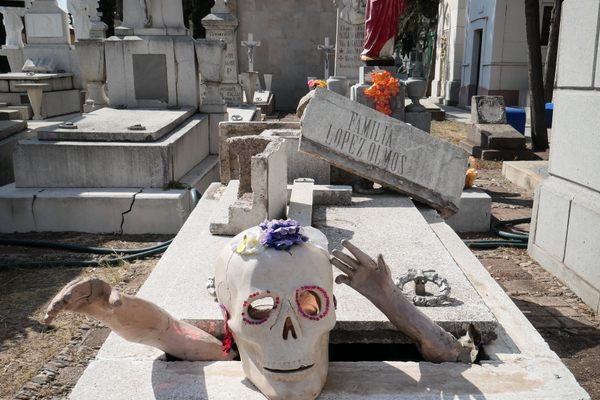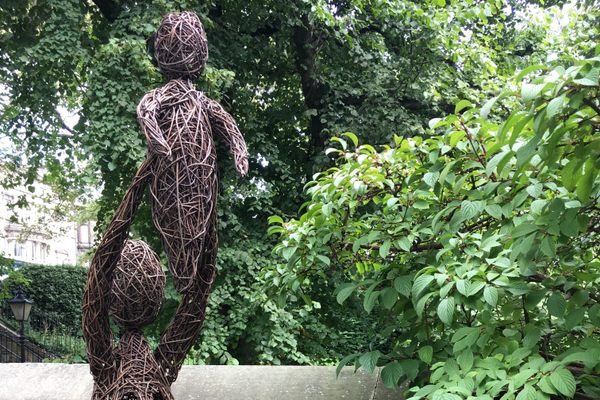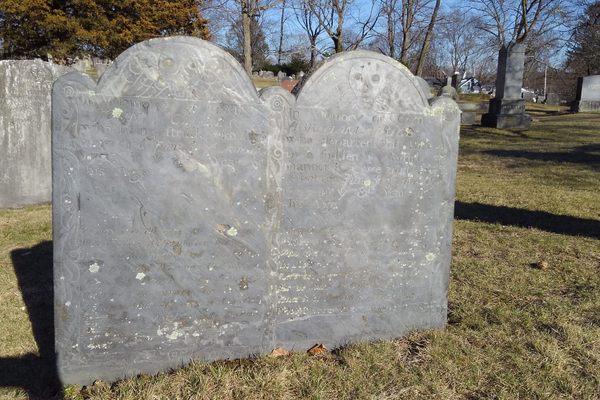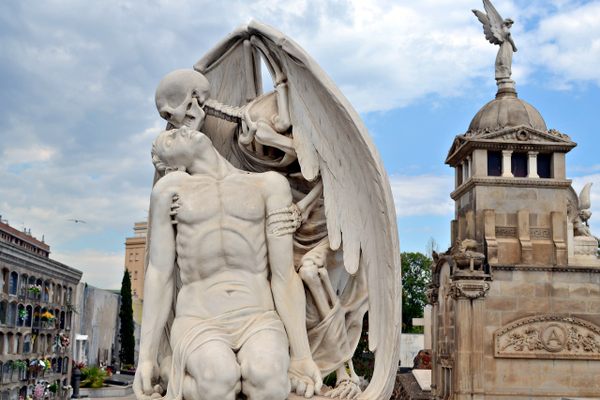About
This death mask is an artifact of one of the more dramatic moments in the life of George-Jacques Danton, the man without whom the French Revolution would not have happened, many scholars say.
George-Jacques's wife Antoinette Gabrielle Danton died in labor on the 10th of February, 1793, along with the infant son that would have been the couple's fourth child. Her rebel husband was away in Belgium at the time, on a military observation mission for the Revolutionary Government. The widower did not hear of his wife's death until five days after the fact.
In the few years leading up to her death, George-Jacques had neglected his wife in favor of mistresses. Yet contemporary accounts report that he flew into a terrible, violent grief and immediately ordered a coach back to Paris.
He reached Paris the next evening, and began to tear apart his home in rage at his abandonment of her and grief at her death. Biographer David Lawday describes the scene in Danton: The Gentle Giant of Terror (from Rodama 1789):
"Through his tears, a solution formed: he would make a likeness of her, a bust he could for ever embrace and ask for forgiveness. The next evening he hurried to see a sculptor he knew, an artist with a workshop in the Saint-Marcel section. The sculptor shook his head. Madame Danton had been dead for a week, he reminded his frantic visitor, in her grave for three days past."
From there Danton and the sculptor preceded to the graveyard, where the most powerful man in Paris bullied his way in. Several biographies report that after they grave was dug up, Danton forced the casket open and embraced his dead wife, possibly kissing her, before the sculptor went to work forming the mold for her death mask.
The mask was completed in short order, and bore a striking resemblance to the late Madame Danton. Unfortunately George-Jacques was unable to enjoy it for long. He was executed when revolutionaries turned against him during the Terror just over a year later, under suspicion of corruption. No death mask was made of Danton's giant, scarred face, but his last words spoken to his executioner, are famous: “Show my head to the people. It is worth the trouble.”
George-Jacques would have been happy with where the final representation of his wife ended up though. The bust of Madame Danton now resides in the Château de Vizille, a castle museum dedicated to the arts of the French Revolution.
Related Tags
Published
December 16, 2016
